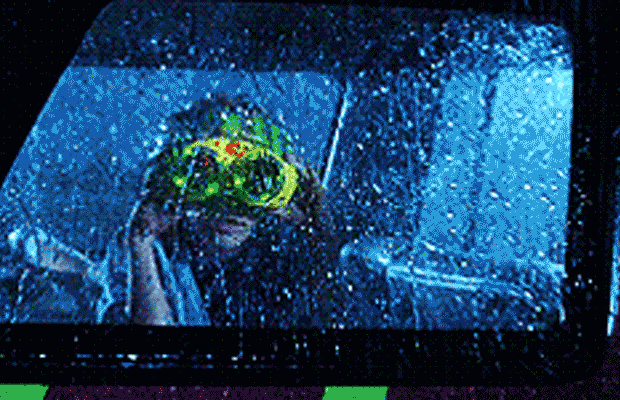The “check engine” light means that the car’s computer has detected an abnormality in the engine management system.
When the check engine light is on, the computer has recorded an error code to let me know what system is affected. How can I get that error code?
By using a scanner of course!
Article: Using Your Own Code Scanner To Diagnose Your Vehicle
There are 70+ codes that all mean different things about your vehicle. Many of them are emission and engine codes. These affect your:
- fuel economy
- drivability
- emissions (which is really relevant when trying to pass AirCare).
Speaking of AirCare…
Getting A “Pass” In AirCare
I’ve helped many of my clients get their cars through AirCare, while avoiding excessively expensive repairs. There are some cases where the damage to the car is just too much, and expensive repairs are required, but in many cases we can get the car up-to-scratch more easily than you’d think.
A check engine light is a sign that your car might not pass AirCare, and often means that you’ll need some repairs before you can get your car fully insured. But wait, there’s some good news!
Most newer cars give off far less emissions than they did when AirCare started, so at the end of 2014 the Canadian government has decided it’s time for that to get the heck out of BC!
But what does that mean for your check engine light?
You used to fix the light because “oh darn, I need to bring my car through AirCare but I know they won’t pass me if my check engine light is on; I guess I’ll need to get that fixed!”
Now that there’s no AirCare…
“Why Should I Bother With That Check Engine Light?”
If I were your mother, I would probably say something like “because you just should!” It’s a fairly common-sense idea to get your engine checked when a check engine light comes on, yet you’re still reading this.
Really though, a silly question gets a silly answer. It reminds me of this clip of the Big Bang Theory, which is a hilarious show by the way:
Back to the education, not fixing the problem your check engine light is indicating can mean a lot of things, such as:
- poor fuel economy (get less Km’s per tank)
Well there you go ladies and gentlemen, that’s the end of the comprehensive list. Goodbye, see you later!
Well, why are you still here? Are you crazy? Having to spend more on gas should be enough reason for anybody to want to get it fixed! Well well, you sure are not pleased easily, are you?
Fine! I’ve got lots of more reasons for you to fix that check engine light:
- poor acceleration (not much power from your vehicle)
- your engine could run roughly or stutter
- your engine could stall (and not restart) leaving you stranded – depending on what code is being triggered.
So the moral is, if you’ve got a check engine light on, take it in! You may want to save money by avoiding the mechanic, but unless you have some sort of strategy to purposely drive your car into the ground, it can cost you more to wait.
For example, if your fuel mixture is running too rich, it could cause your exhaust converters to overheat and burn up. Catalytic converters have platinum in them, which means…

“They’re expensive, put ‘em back” – I’m of course referring to that hilarious line in Jurassic Park.
Back on point.
Although we all do it from time to time, try not to procrastinate to the point where your vehicle has a serious problem. Besides, it doesn’t feel good to drive a vehicle that has that ominous bad-omen light on all the time.
